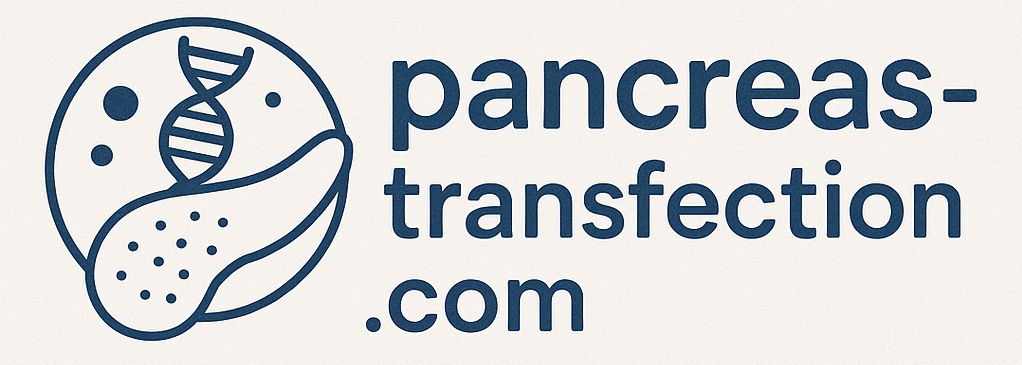“Pancreas-targeted gene therapy: Recent advancements and therapeutic applications”
Pancreas-targeted gene therapy has gained significant attention as a potential treatment strategy for various pancreatic diseases. Recent advancements in the field have expanded our understanding of pancreatic biology and improved the specificity and efficacy of gene therapy approaches. Here are some recent advancements and therapeutic applications of pancreas-targeted gene therapy: Recent advancements in gene delivery…
